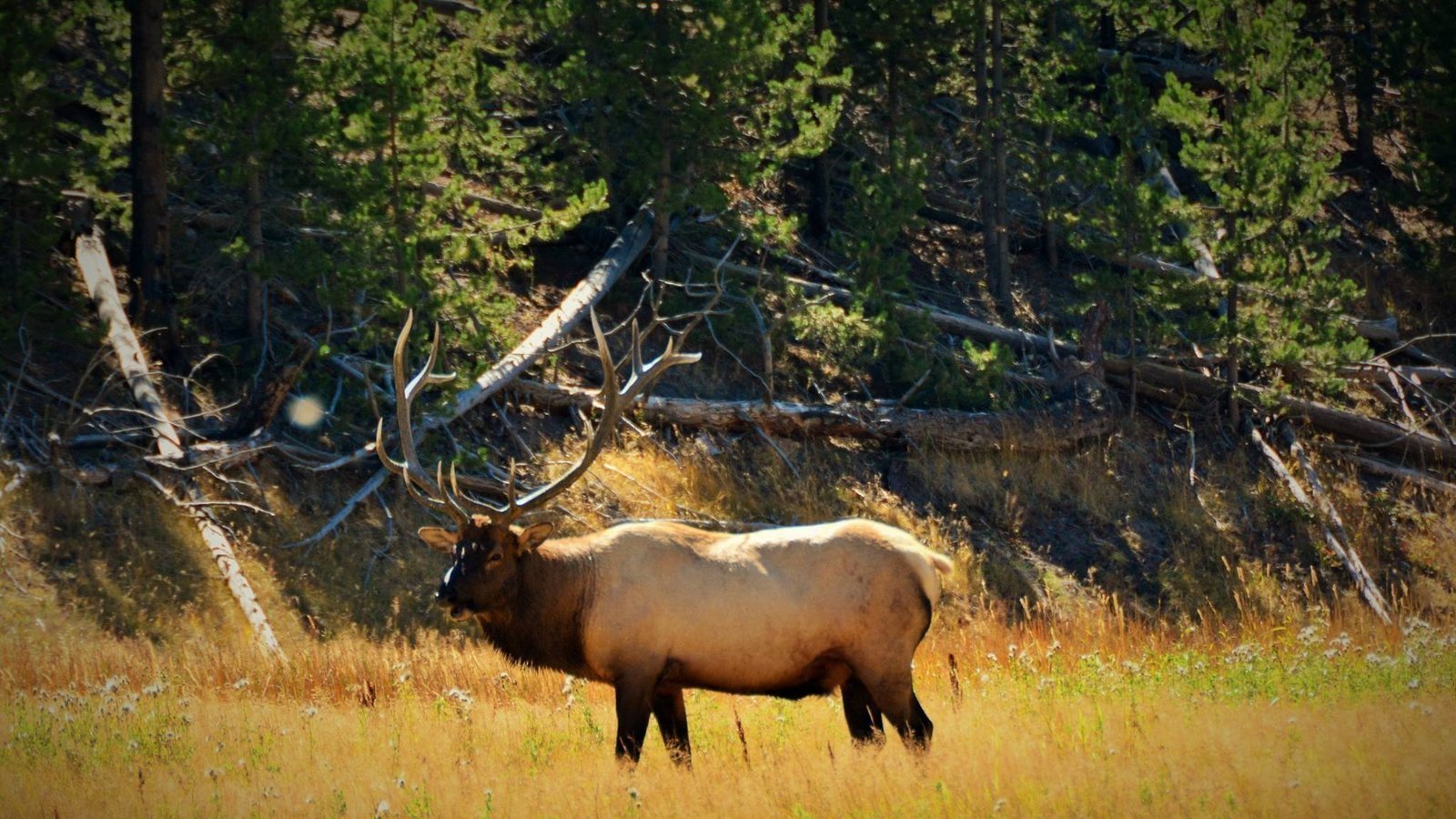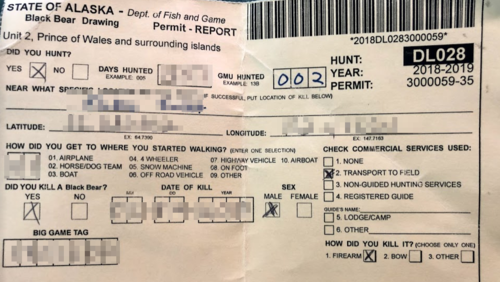D
Deleted member 28227
Guest
...
Last edited by a moderator:
Follow along with the video below to see how to install our site as a web app on your home screen.
Note: This feature may not be available in some browsers.
I don't have the knowledge of how to start one that would have the language to be effective but I'd definitely sign it. I need to get a letter put together as those can be more effective than a petitions.org emailSo are we going to start a petition or wait for one of the groups to do it?
I've got a little time this afternoon, if folks want to help with the language.
I have no idea why FWP would not want to go to mandatory reporting. I hope that FWP is just happy with the current system and feel that mandatory reporting is unnecessary. The cynical part of me thinks that FWP is opposed because mandatory reporting would show that places like the Custer are being hunted in to the ground and that the data would not back up FWP's current management. Lets hope the cynical part of me is wrong.
Not really fair, and I doubt that Brad says they are more accurate. And he's just an area biologist that doesn't have any say in how the data is gathered.
A few years ago I asked the CPW Terrestrial Data Analyst the question why CO doesn't have mandatory reporting and she gave me a journal paper that determined random sampling was similarly accurate as mandatory reporting. Unfortunately it was in person (hard copy) and I can't find the paper at the moment.
That said, I would still like to see CPW go to mandatory reporting, as I think there is much to be learned about hunting pressure by unit. In particular, it would be beneficial to know how pressure and harvest was distributed across land ownership within units.

A properly designed, truly random sample, would with a high percentage of certainty provide data that is a representative of the whole.
That’s just statistics 101, but it ain’t what FWP does and I don’t even know if it would be possible.
I can imagine a random sample model, where the randomly selected hunters that to ever hunt again, would have to report during the season and with proof of their kill so that the data would be harder and more reliable than counting on the fallible memory or trustworthiness of a hunter months after the season. Sample sizes would be determinant on the number of hunters in given districts, and even then the data would be squishy due to tags that are good for multiple districts.
Any system would have its flaws. Even mandatory reporting would require assuming hunters aren’t lying or are remembering right.Every spring when I get the phone call, and I am asked how many days I spent afield for which species, it’s just a shot in the dark.


Sign the Petition
Mandatory Hunt Reporting with Harvest Details for Montana Fish, Wildlife and Parkschng.it
Here you go. If you don't like the language I used, shoot me a new draft via PM and we'll use it.
"mandatory reporting of harvest of big game animals" --> mandatory hunt reporting including the success or failure to harvest a big game animal.
Clearly you are not a poet. That's a loooong title. Changed it too:
Mandatory Hunt Reporting with Harvest Details for Montana Fish, Wildlife and Parks
A peculiar thing about state agencies is that the policy makers are rarely the agency representatives in meetings. Strange that they had a local biologist drive 300 miles across the state when there were two people above him in the terrestrial section chain of command, from 175 miles away, on the agenda as well (policy makers).Fair, although he was the department representative speaking to the commission in La Junta, and he specifically said that mandatory reporting wasn't accurate because there was no way to compel compliance.
I'm the ideas man, you're the one who makes it shiny.
A peculiar thing about state agencies is that the policy makers are rarely the agency representatives in meetings. Strange that they had a local biologist drive 300 miles across the state when there were two people above him in the terrestrial section chain of command, from 175 miles away, on the agenda as well (policy makers).
I sat across the aisle from and argued against one of the greatest bighorn sheep advocates in the agency as he proposed a policy to kill bighorn sheep on sight within a predetermined polygon of national forest lands, because the policy of the state agency is to not recommend reducing public lands domestic sheep grazing to protect bighorns. I don't blame him any more for taking that position in the meeting than I would blame my son for the sun coming up this morning. All I'm saying is don't send the lynch mob for the messenger. Address the policy makers.
We agree on the point of mandatory reporting.
Do you need to be a MT resident in order to the sig to matter?Clearly you are not a poet. That's a loooong title. Changed it too:
Mandatory Hunt Reporting with Harvest Details for Montana Fish, Wildlife and Parks